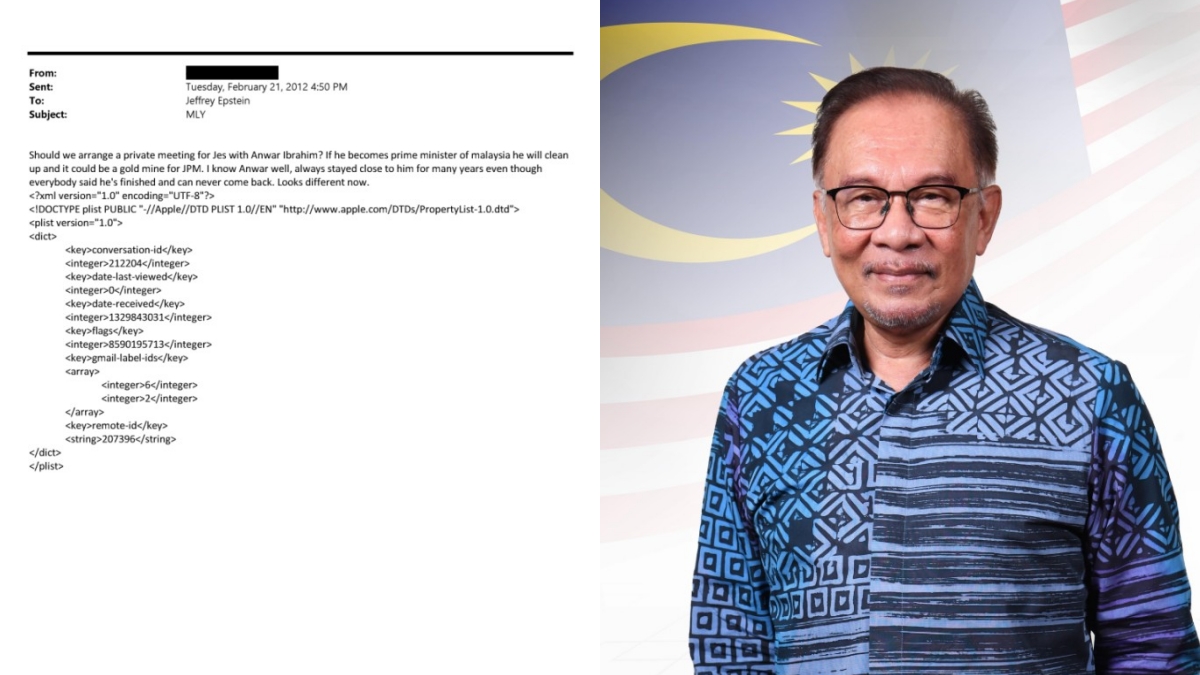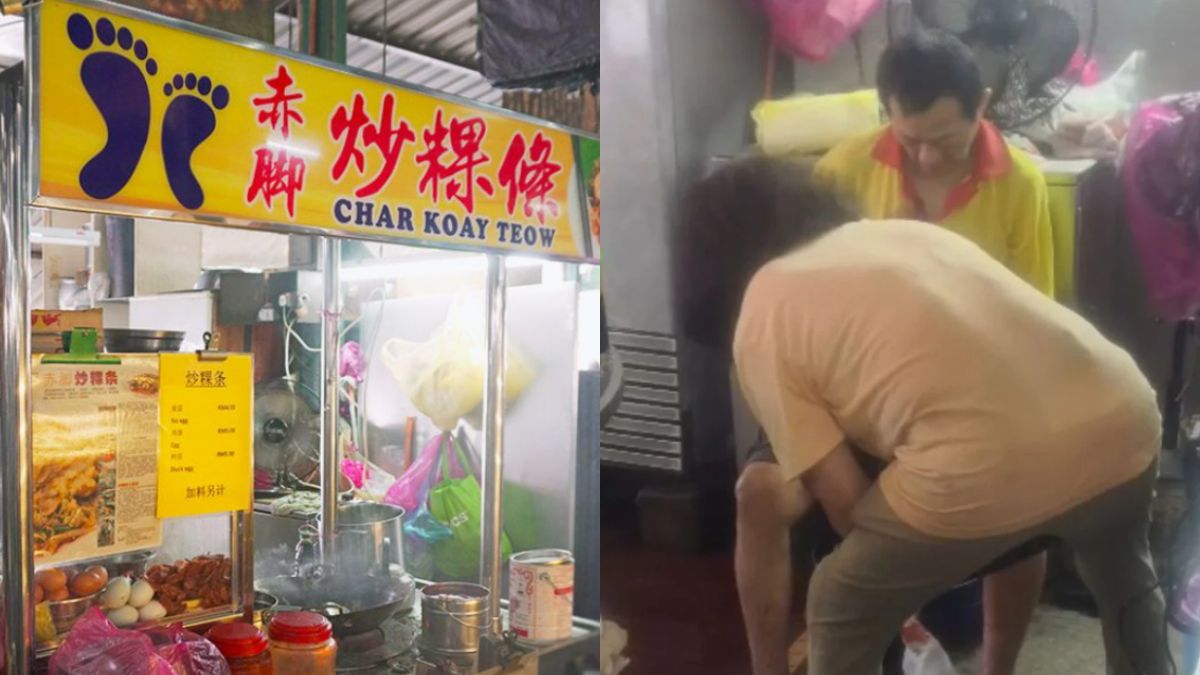Allow remand prisoners and suspects the right to vote in Malaysian elections
Over 30,000 remand prisoners and suspects in Malaysia are being denied their constitutional right to vote. Twelve civil society groups urge authorities to ensure all eligible voters, including those in detention, can participate in elections through measures like early or postal voting.

Joint Media Statement (12 Groups): Stop depriving over 30,000 suspects in remand for investigation, and remand prisoners who have yet to be tried, convicted and sentenced their ability to exercise their RIGHT to vote in Malaysian elections
The State must ensure that every qualified elector has the ability to exercise the right to vote to ensure free and fair elections.
The Federal Constitution guarantees the basic right of every Malaysian 18 years and above the RIGHT TO VOTE in State and Federal elections, and the law explicitly denies this right only to those with a mental disability and those convicted criminals serving a prison sentence.
Article 119 Clause 3 of the Malaysian Federal Constitution states:
‘A person is disqualified for being an elector in any election to the House of Representatives or the Legislative Assembly if—
(a) on the qualifying date he is detained as a person of unsound mind or is serving a sentence of imprisonment; or
(b) having before the qualifying date been convicted in any part of the Commonwealth of an offence and sentenced to death or imprisonment for a term exceeding twelve months, he remains liable on the qualifying date to suffer any punishment for that offence.’
Thus, it is clear that suspects in remand detention by police and other law enforcement agencies, and remand prisoners in Malaysian prisons, have the right to vote in State and Federal elections.
Remand prisoners are those yet to be tried, convicted and sentenced, and they are in detention because either they could not afford bail due to poverty, or they have been denied bail by law or the courts. They are presumed innocent until tried and convicted by a court of law.
27,877 remand prisoners, and maybe 10,000 or more remanded suspects
It must be noted that currently there are about 27,877 remand prisoners in Malaysian prisons (The Star, 7 October 2025), and the number of suspects in remand for the purpose of investigation in police and other law enforcement detention facilities fluctuates, but could be as high as 5,000–10,000 or more.
Then, we have persons under Detention Without Trial laws who are being detained and/or restricted from moving out from a particular area, and those in other kinds of detention facilities.
If these individuals in State detentions were given the ability to exercise the right to vote, it may have the effect of changing the outcome of elections, whether at the constituency level, or in determining who ultimately becomes Prime Minister, Chief Minister, or forms the State/Federal Government.
Note that these are not electors who choose not to vote, but electors whose ability to vote is denied by State and state agencies.
If they voted, election outcome can change
For example, in the last Sabah State Elections,
-
N16 Karambunai State seat was won by a majority of just 16,
-
N23 Petagas by a majority of 261, and
-
N50 Gum Gum by a majority of 269.
In the Sabah Parliamentary Elections,
-
P173 Putatan was won by a majority of 124, and
-
P170 Tuaran had a majority of just 233.
Thus, it is very possible that if these electors — now denied the ability to vote — did vote, it may have affected the final outcome of elections.
The Election Commission must ensure that every Malaysian with a right to vote has the ability to exercise that right in every election.
Considering that these places of detention are known State facilities, one option is early voting – which will also give time for the Election Commission to send the marked ballots back to reach the relevant constituencies in time to be counted.
Extend early voting to State facilities that hold remand prisoners
At present, early voting is already used for personnel in the armed forces, police, public servants and Election Commission officers who will be on duty on election day.
Thus, it is no big problem to also have early voting in places of detention.
The Election Commission can also use other methods to ensure that all qualified electors in State detention have the ability to exercise their right to vote in Malaysia’s elections, that usually happen once every 4 or 5 years.
Magistrates should facilitate the ability to exercise voting rights
Magistrates could also consider electors’ right to vote, and thus should try not to grant remand orders during the election period so as not to prevent a suspect’s ability to go and vote on voting day.
Criminals like Najib Razak, Zahid Hamidi, some politicians and others were never remanded for the purpose of investigations.
Alternatively, Magistrates can order the detaining authority to ensure that a suspect is able to exercise his/her right to vote if remand orders are made – a most fundamental right of all Malaysians aged 18 years and above.
No postal vote for Malaysians in other states?
It was shocking that:
“The Election Commission (EC) has ruled out allowing Sabahans living in Peninsular Malaysia to cast their ballots by postal vote in the upcoming state election,” EC chairman Datuk Seri Ramlan Harun said. (Malay Mail, 16 October 2025)
This is shocking if Malaysians have to travel far or even fly back to Sabah or Peninsular just to be able to vote.
This affects all Malaysians, even those who must travel 100–300 kilometres just to vote.
It is also a serious failure to consider the current financial reality of Malaysians, making it very difficult for many to expend money, effort and time just to return to their relevant constituency to vote on election day.
This includes students, workers, business persons and others. For some, this means also having to drag their children out of school for the parents to travel to vote.
All Malaysians living, working or studying away from their constituency should be accorded the right to postal voting, or even early voting in whichever state they are, so that Malaysia and the Election Commission not be seen as guilty of denying Malaysians the right to vote.
If Malaysians overseas have the right to vote by postal votes, there is no justification why Malaysians working and living in other states or far from their constituency cannot be accorded the right to vote by postal vote.
Paid leave for workers to vote
Further, in Malaysia there is still no paid leave for Malaysians to travel back to their constituencies to cast their vote.
For some, they may have to take at least 3 days to be able to go back to vote and return.
It is still not a crime if employers prevent their employees from returning to their constituency in time to vote.
As such, we, the 12 undersigned groups, organisations and trade unions, call on the Malaysian Government, including the Malaysian Election Commission, to take all needed steps that ensure all qualified Malaysian voters, including those in detention in State facilities, are able to exercise their individual right to vote in all Malaysian State and Federal elections.
Malaysia must not just simply recognise the right to vote, but more importantly ensure that every qualified elector has the ability to exercise that most important, fundamental and democratic right to vote.
Charles Hector
On behalf of the 12 listed groups below
-
ALIRAN
-
MADPET (Malaysians Against Death Penalty and Torture)
-
COAC (Center for Orang Asli Concerns), Malaysia
-
National Union of Bank Employees (NUBE), Malaysia
-
National Union of Flight Attendants Malaysia (NUFAM)
-
North South Initiative (NSI), Malaysia
-
Parti Rakyat Malaysia (PRM)
-
Parti Sosialis Malaysia (PSM)
-
Social Protection Contributors Advisory Association Malaysia (SPCAAM)
-
WH4C (Workers Hub for Change)
-
Haiti Action Committee (HAC)
-
PacificwinPacific, Australia







